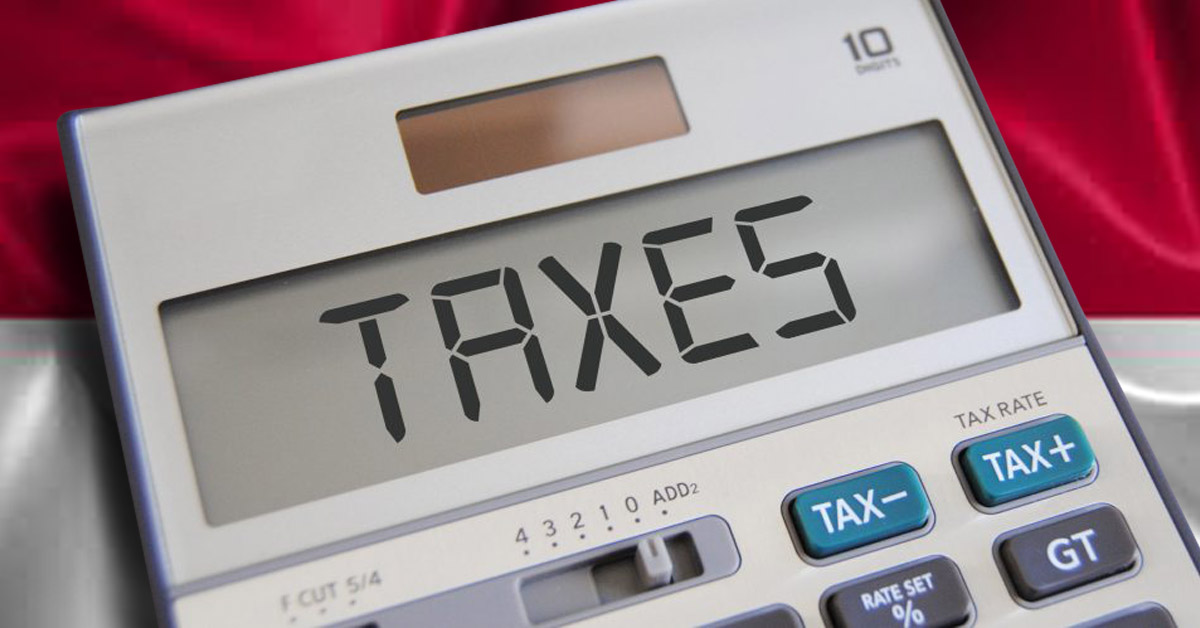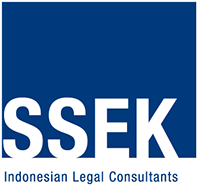 The Minister of Trade has updated Regulation No. 67/M-DAG/PER/11/2013 regarding the Obligation to Affix Indonesian-Language Labels on Goods with the issuance of Minister of Trade Regulation No. 10/M-DAG/PER/1/2014 dated January 30th, 2014 (MOT Reg. 67/2013). This MOT Regulation requires that certain goods manufactured in Indonesia or imported goods traded in Indonesia carry a label in the Indonesian language. Goods affected: Goods subject to the requirement for an Indonesian-language label are listed in the attachments to MOT Reg. 67/2013 and include: (i) Electronic goods for households, telecommunications and informatics; (ii) Building materials; and (iii) Motor vehicle goods and spare parts. In the 2014 Regulation, the Ministry of Trade has added tablet computers to the above list. Foods, beverages and medicines are not listed in MOT Reg. 67/2013. The Indonesian Food and Drug Supervisory Agency (BPOM) has issued its own regulation on Indonesian-language labeling requirements for foods, beverages and medicines. Required information: MOT Reg. 67/2013 states that an Indonesian-language label may be affixed on the goods and/or its packaging and the label must be permanent (not a sticker). It can be embossed or printed on the goods or packaging or it can be a label that is permanently attached to the goods or packaging. The Indonesian-language label shall contain information related to the safety, security and health of consumers and the environment, such as usage instructions and warning symbols. The label shall also contain the name and address of the party that manufactured or imported the goods. Compliance: Manufacturers and importers of goods that fall under MOT Reg. 67/2013 shall submit a sample label to the Ministry of Trade through the Directorate General of Standardization and Consumer Protection. If the sample label meets the requirements under MOT Reg. 67/2013, the Directorate General will issue a Letter of Labeling in Indonesia Language (SKPLBI) declaring the same. The SKPLBI will be issued by the MOT at the latest five days after the application has been sufficiently completed and submitted to the MOT. This SKPLBI shall be valid as long as the producer/importer produces/imports the goods in question. MOT Reg. 67/2013 does not provide any guidance if there are any changes to the label. For imported goods, the Indonesian-language label should be affixed to the goods when they enter the Indonesian customs area. If the importer fails to obtain an SKLBI, such imported goods will be re-exported at the expense of the importer. Exemptions: MOT Reg. 67/2013 exempts the following goods from the Indonesian-language labeling requirement: A particular limitation is placed on manufacturers, sole agents of motor vehicles, general importers and suppliers of motor vehicle manufacturers intending to import the above exempted goods. These parties must obtain a Letter Releasing the Obligation to Affix Labels in the Indonesian Language (SPKPLBI). Sanctions: Producers or importers who improperly affix labels on goods must withdraw such goods from the market and are prohibited from trading such goods, with any costs for the withdrawal of such goods to be paid by the producers or importers. Such producers and importers are subject to having their Trade Business License (SIUP) and Importer Identification Number (API) revoked if they do not withdraw the goods. MOT Reg. 67/2013 stipulates criminal sanctions of a maximum five years’ imprisonment and a maximum fine of 2 billion rupiah (about US$165,000 at the current exchange rate) under the Consumer Protection Law for producers and importers who fail to affix an Indonesian-language label to goods or include misleading information on the label. The new Trade Law, issued on March 11, 2014, increased the fine for not having an Indonesian-language label to 5 billion rupiah. |
SSEK Legal Consultants
Tel: (62) 21 304 16700 / 521 2038
Fax: (62) 21 521 2039
Email: adeadamy@ssek.com
alvinsuryohadiprojo@ssek.com
Website: www.ssek.com


































 SSEK Legal Consultants
SSEK Legal Consultants Rusmaini Lenggogeni
Rusmaini Lenggogeni Denny Rahmansyah
Denny Rahmansyah







